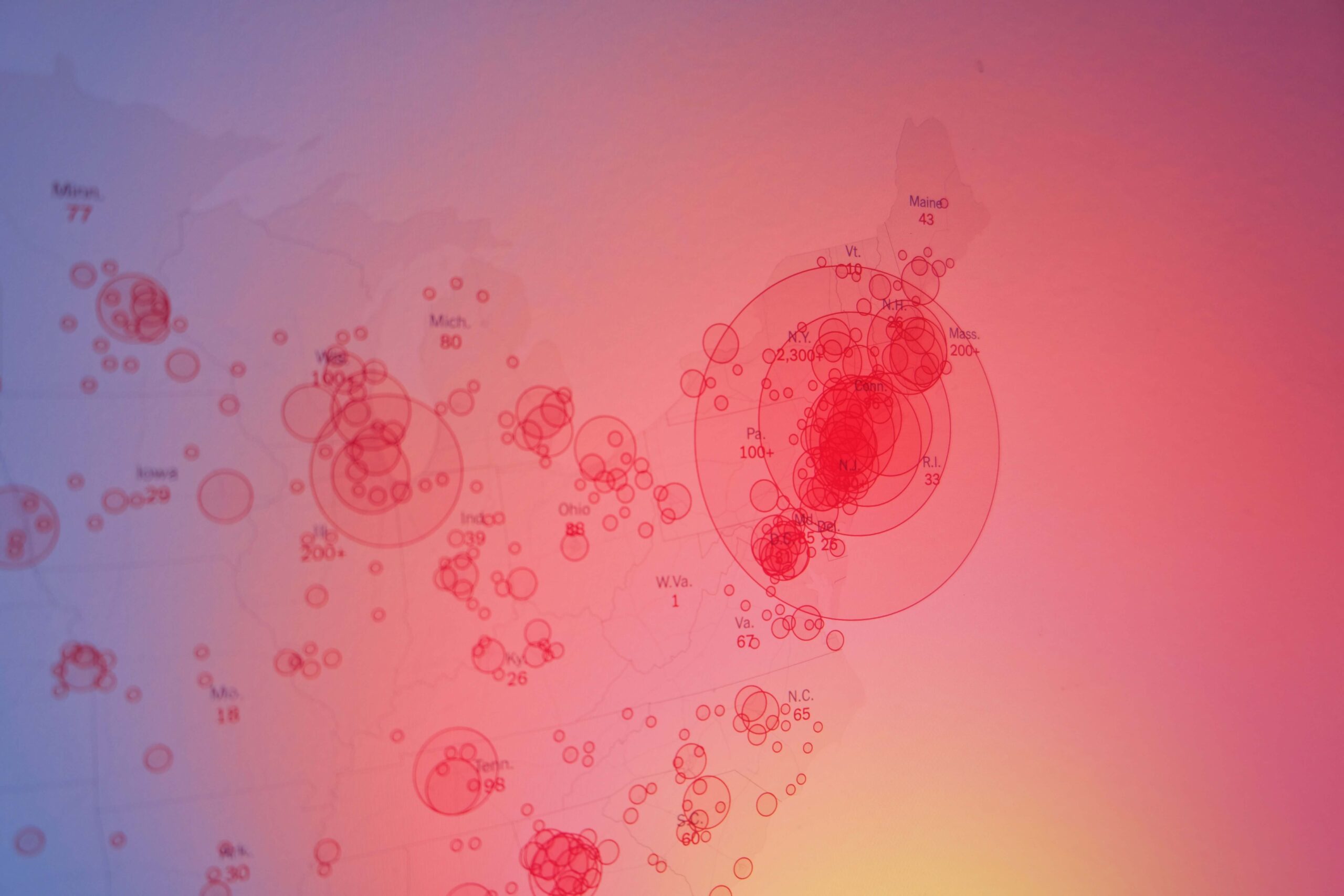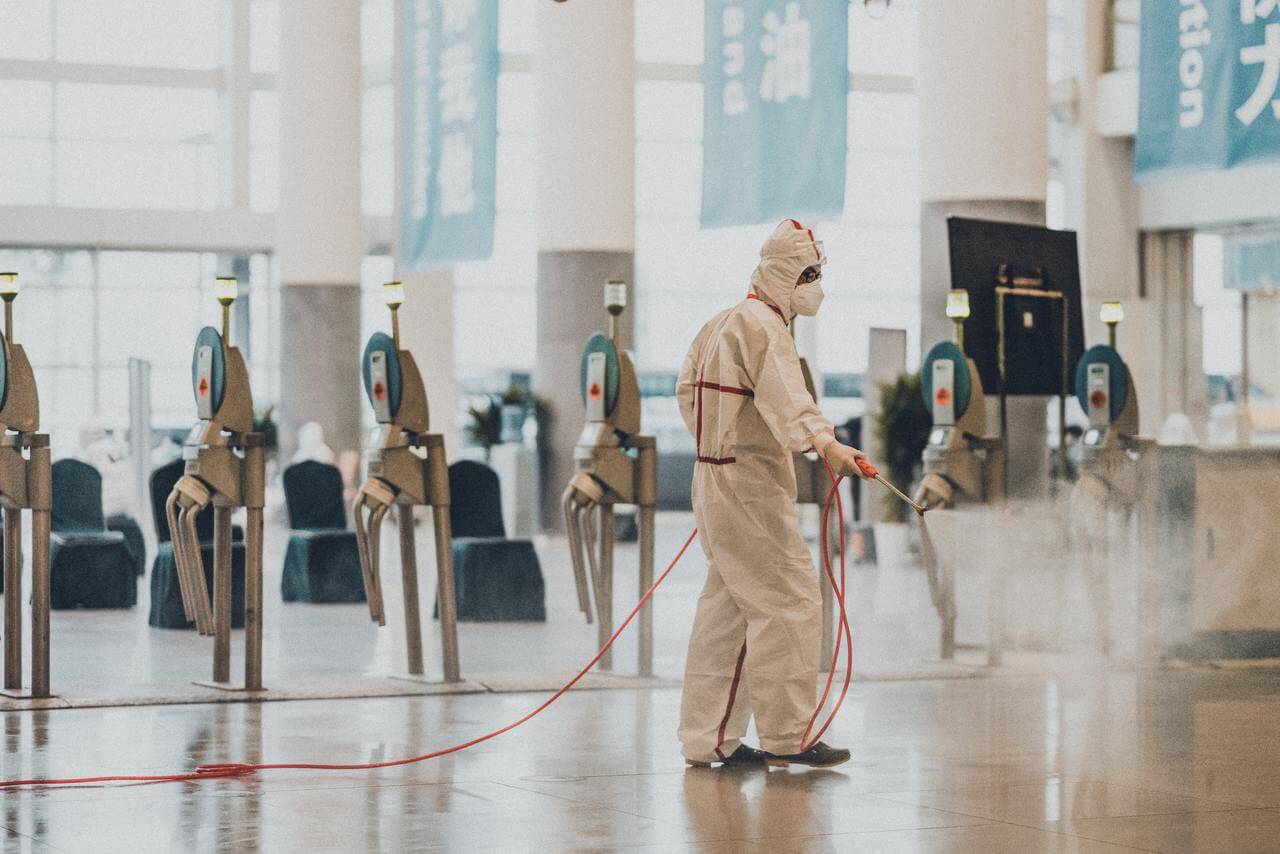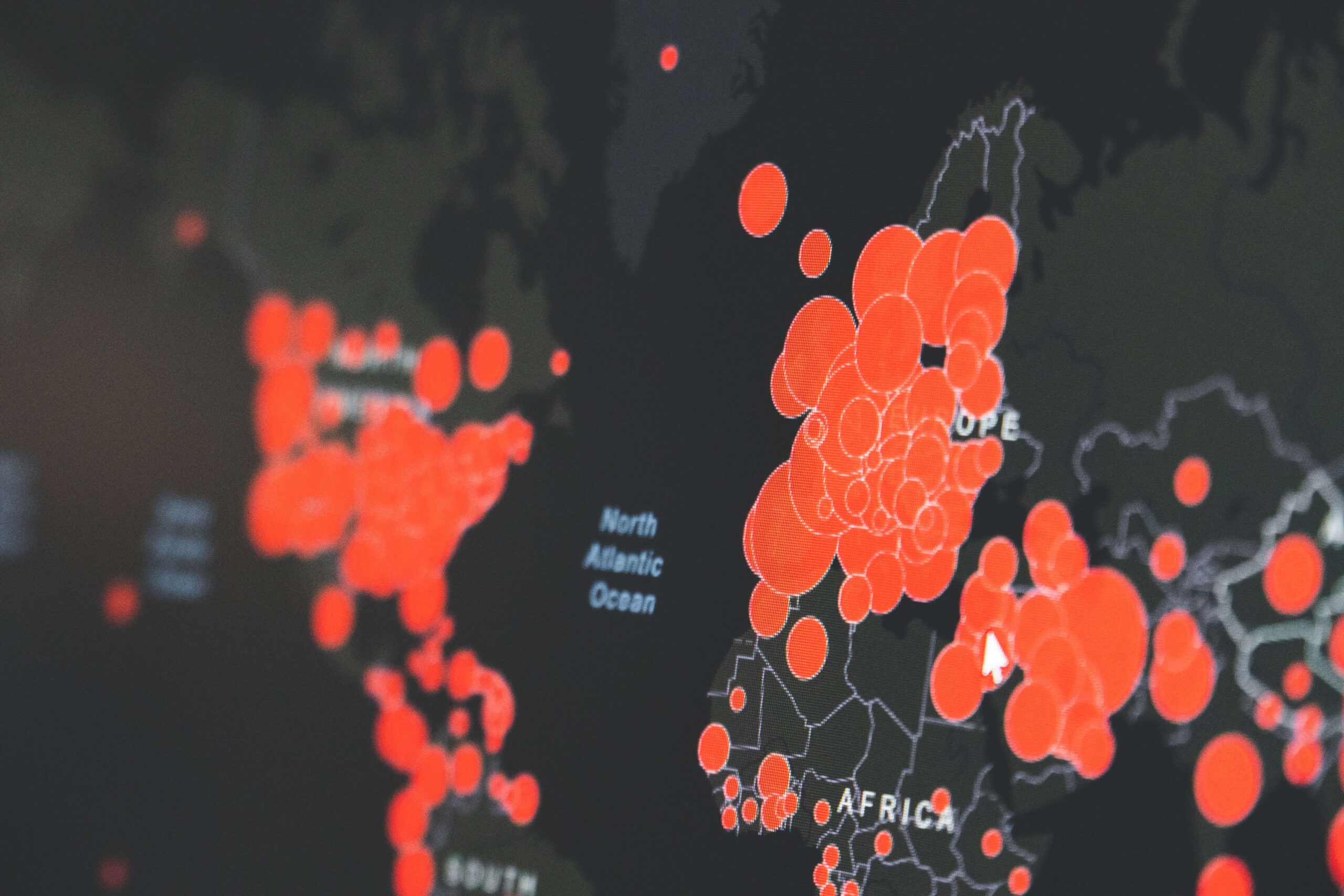
01Jun2020
Industry Reviews
Comments: No Comments.
Since the first case was confirmed in Wuhan, China at the end of 2019, the coronavirus (COVID-19) has had a significant impact on the daily lives and socio-economic activities of people around the world. Vietnam, which borders China, has a high population density but a vulnerable healthcare system, and has been fearful of the spread of the epidemic, which the WHO has declared a “pandemic.”
In this situation, B&Company Vietnam has conducted two surveys using our online survey platform “Bean Survey (www.beansurvey.vn)” to understand how Vietnamese people are reacting to this epidemic. We believe that the survey results will be useful for policymakers, companies, and those who want to know about society’s reactions to infectious disease epidemics.
The first survey was conducted in the first half of February (2/8-10). The epidemic temporarily subsided between the first case on 1/23 and the 16th case on 2/13, but this was just before that, and while the initial response was effective, the end was still unclear. We have posted the “breaking news” survey results on our website.
The second survey was conducted in late April (April 18-21). There had been no new cases for three weeks, but the 17th case was confirmed on March 6, and the infection spread rapidly due to new pathogens brought in by returning residents. Over the next month, the number of infected people exceeded 200, and although there was no lockdown like in other countries, the outbreak began to converge again after strong social measures such as nationwide restaurant closures, transportation suspension, and quarantine of tens of thousands of people. While public sentiment has calmed down, it has been confirmed that the impact on people’s lives and livelihoods is becoming more serious.
In May, the COVID-19 epidemic in Vietnam subsided again, with the number of new community infections reported stopping at 268 on April 16. Economic activity has resumed widely, but the impact continues. We plan to conduct additional surveys as the situation changes, and we would appreciate your comments on the survey and analysis.
For details, please see below

